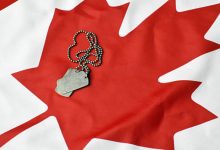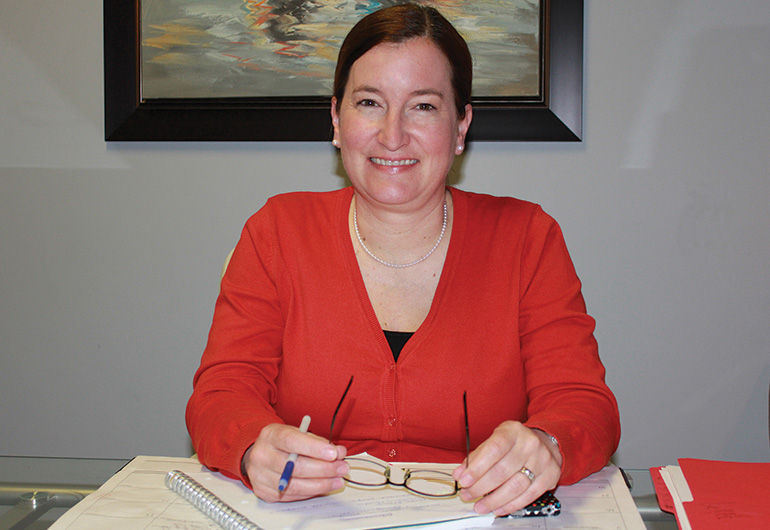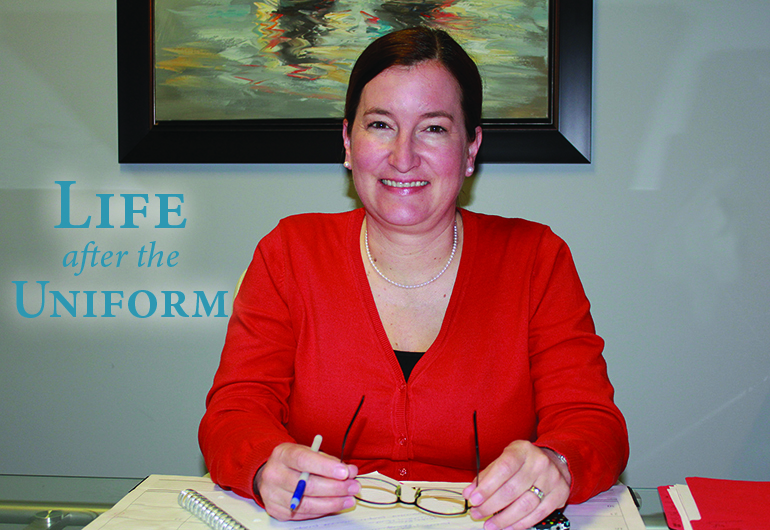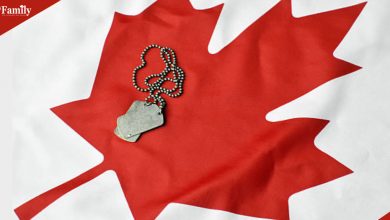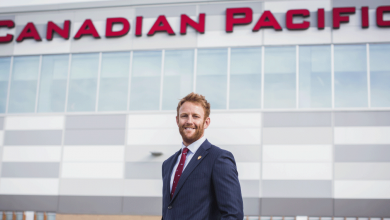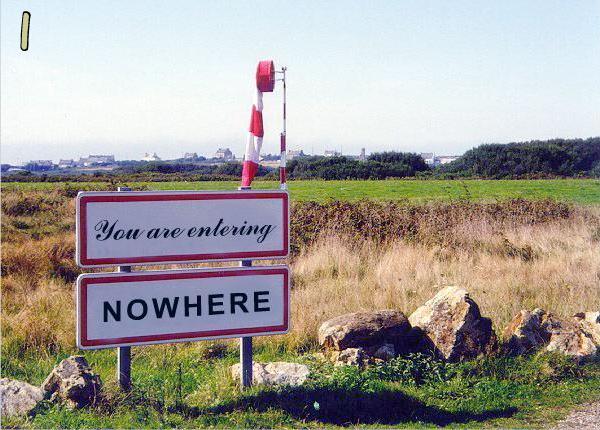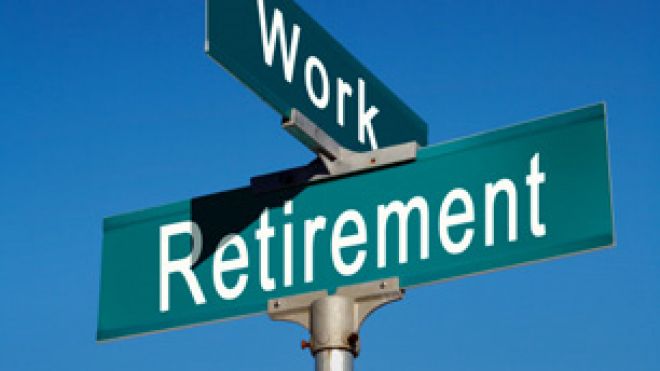Life After The Uniform
This too shall pass …
I’ve been thinking quite a lot about transition lately. Lots of us have gone through the huge transition of a move this past summer. Now that the “new” has worn off, where do we find ourselves?
During the days and weeks immediately following a move … the business of getting everything sorted out, all the boxes unpacked, pictures on the walls, curtains on the windows, Johnny in Scouts, finding a vet, finding a hairstylist, finding a friend … this uses up all of our physical and mental energy. But, once that’s all done, we have to actually start processing what we’ve just come through. Usually by this time of year, many people find themselves in a bit of a funk.
The new place isn’t the old place. And even if you prefer the new place to the old place, there are certainly things you will miss. I am so happy to be living in Guelph now, but I absolutely miss the sunshine of Medicine Hat, the proximity to Calgary (which is a city I love), and the lack of HST! And Suffield was full of wonderful people, to the extent that I don’t think we’ll ever live anywhere like it again. I’ll miss that for sure.
I think we just need to accept the “funk” as a normal part of the moving process. This too shall pass. When we expect ourselves to go through this process and not have a moment where we look back with longing … when we ask too much of ourselves … that’s when we’re asking for trouble.
I often read articles on MariaShriver.com and lately there have been many on the topic of transition (no surprise there, I suppose). But one theme that keeps showing up in navigating transition, is to go easy on yourself. Cling to what brings to comfort. Make sure you take care of yourself. Eat well. Exercise. Get enough sleep. Don’t over-commit. Time will take care of the rest … it always does …



